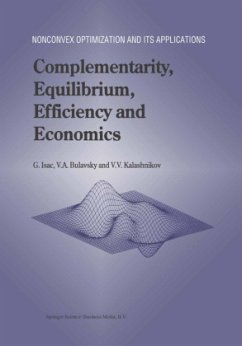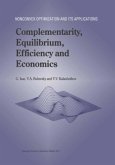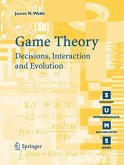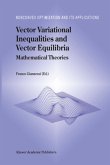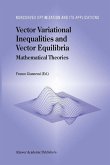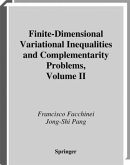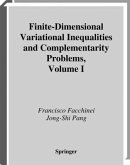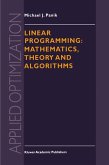In complementarity theory, which is a relatively new domain of applied mathematics, several kinds of mathematical models and problems related to the study of equilibrium are considered from the point of view of physics as well as economics. In this book the authors have combined complementarity theory, equilibrium of economical systems, and efficiency in Pareto's sense. The authors discuss the use of complementarity theory in the study of equilibrium of economic systems and present results they have obtained. In addition the authors present several new results in complementarity theory and several numerical methods for solving complementarity problems associated with the study of economic equilibrium. The most important notions of Pareto efficiency are also presented.
Audience: Researchers and graduate students interested in complementarity theory, in economics, in optimization, and in applied mathematics.
Audience: Researchers and graduate students interested in complementarity theory, in economics, in optimization, and in applied mathematics.

